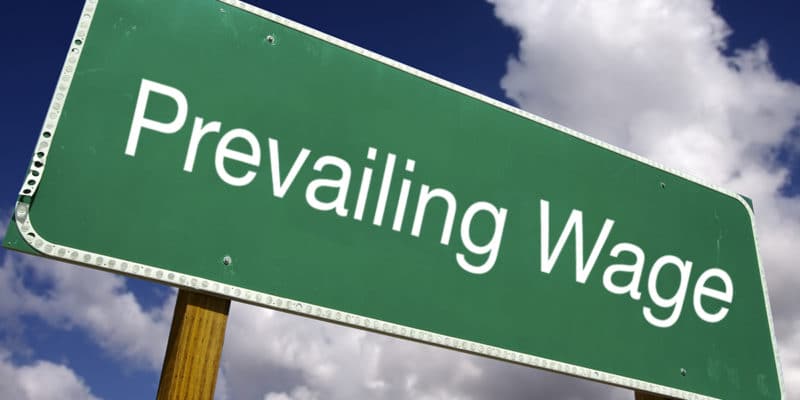LETTER TO THE EDITOR
Sunday, Aug. 26, 2018, 9:04 p.m.
Regarding Ray Borkoski’s letter ( “End prevailing wage in Pa.,” July 25, TribLIVE): The benefit prevailing wage provides to the local economy is immeasurable. Prevailing wage ensures tax money is used solely to benefit the public and the taxpayer by requiring the hiring of local, skilled workers, which stimulates all aspects of the local economy. When local people are working they spend money on homes, cars, food, clothes, etc.
Without prevailing wage, we would see an increase in contractors misclassifying workers, paying cash and avoiding paying payroll taxes. This leads to a loss in state revenue in the hundreds of millions.
States with weak or no prevailing wage laws spend $367 million more a year on food stamps and earned income tax credits for blue-collar construction workers than states with prevailing wage laws.
Without prevailing wage, you also lose safety standards and responsible contractors. What is the advantage of building a bridge “cheaper”?
Prevailing wage is not a union or nonunion issue; without prevailing wage, all wages fall. The standard of prevailing wage is set by a survey of the entire construction market in a local area.
The Midwest Economic Policy Institute found that after the repeal of prevailing wage in Indiana, the lowest paid construction workers’ wages fell 15.1 percent.
Mike Bobnar
Hempfield


